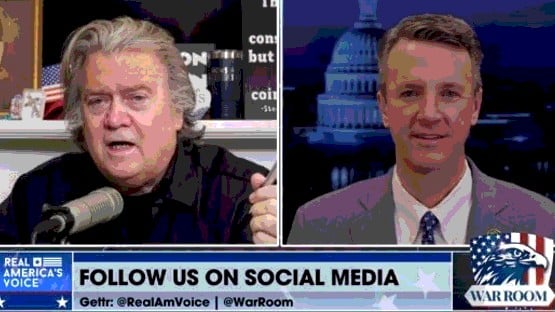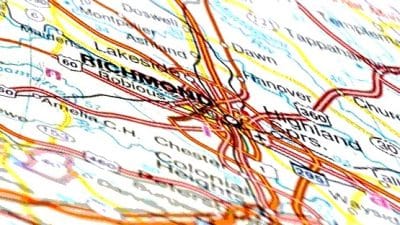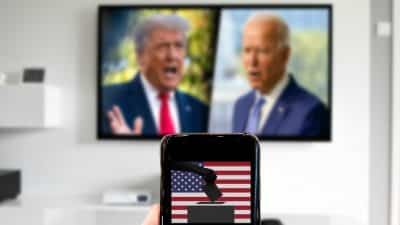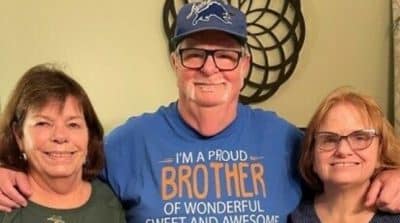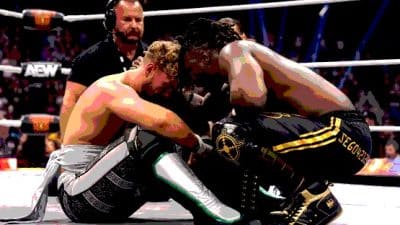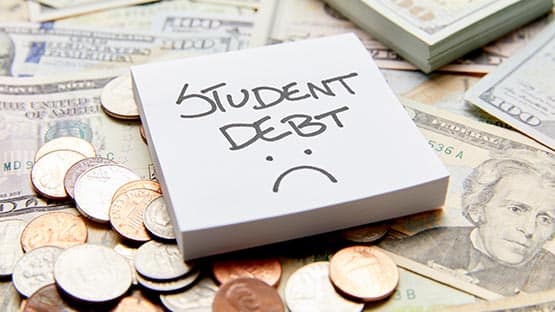
I am one of the millions of Americans waiting for the Supreme Court’s decision about whether President Joe Biden’s student loan forgiveness plan is an overreach of his executive authority.
We should know something by July 1, and I’m sure I’m not the only one who has a lot waiting on this decision.
I graduated college in 2006 with $15,550 in student loan debt. Pennies compared to some of my friends who graduated owing more than $40,000, not to mention those who went on to graduate or law school and acquired more debt.
I received a Pell Grant every semester I attended college, but because my total was below $20,000 I will only be eligible for up to $10,000 in forgiveness.
Let me explain why this money means so much to me now.
Because I have worked for it. For any of you not waiting to hear if you’ll receive forgiveness, it’s probably because you had other means by which to pay for college. Some of us do not or did not have that luxury.
At the beginning of every semester I attended college full time (2002-2006) and at the end of every semester, I was in my college’s financial aid office speaking with someone to ensure my scholarships, Pell grants and loans were in order. If not, I could not attend school full-time, and if I did not attend full-time, I would lose certain scholarships.
I also worked part-time while attending college full-time. I was what my college advisor called one of his “working students.” I had car payments and car insurance to pay, as well as other expenses.
The day I walked across the stage to shake my college president’s hand and receive my diploma, I was broke.
I naively believed that earning a college degree would ensure myself stable, reliable and well-paying employment after college.
But, in 2008, the Great Recession hit, and I lost my first job out of college in my chosen career field: newspapers. I was part of 20 individuals laid off in the first round of layoffs the company had ever experienced.
Until early 2013, I worked several part-time and temporary jobs. The summer of 2010, I worked six days a week for about eight weeks for the U.S. Census. I did whatever I could to pay monthly bills and keep from using the savings I had worked for at my first newspaper job. I needed that savings to move wherever my first full-time newspaper position would take me.
While part-time and without health insurance at my first newspaper job, I made student loan payments for 18 months until I was laid off in October 2008. I deferred my student loans two or three times in the next five years, but whenever I could I made payments. I mean I paid two or three times more than the minimum in order to get my total balance down before I would start paying rent when I moved for employment.
In early 2013, I moved to southern Maryland for my third newspaper position, the first full-time position I held. Despite paying rent with a low annual salary, I continued to pay a little more than the minimum due each month on my student loans.
In fall 2015, I moved to Staunton for my final newspaper position and continued to pay a little more than the minimum. I was overjoyed in 2018 when my student loan minimum was reduced from $121 per month to $50 per month, because I had paid so much already. However, I continued paying more than the minimum each month.
I continued making monthly payments in 2020 and 2021 during the COVID-19 pandemic, despite some friends saying we didn’t have to pay. I wanted those loans done as soon as possible.
Last July, I wrote my final student loan payment check for $350 to pay off the loans, 16 years after graduating college on what should have been a 10-year loan. You can do the math on how much more I ended up paying in interest.
Ironically, although I make an excellent salary and have excellent health insurance now, I find myself again worrying about money because of all the years I experienced what is known as wage loss. Research I did after the Great Recession in order to understand why the recession had happened and why it had affected me so much, I learned that a recession can affect you financially for up to 10 years afterward. I missed out on a lot of full-time paychecks from 2008 to 2013, then missed out on better income by working in the newspaper industry.
As a result, I now have thousands of dollars in credit card debt to pay off. Sadly, I am not alone in this. I have written several times in the last year for AFP about the credit card debt of Americans. We are drowning in it.
From 2015 to 2020, my credit card paid for food, new car tires and unexpected expenses that my newspaper salary could not cover.
So, now I wait for the Supreme Court to decide on student loan forgiveness, but I don’t feel that I need to be forgiven for anything. A few years ago, I would never have expected someone else to pay me back for what was my responsibility. But I worked for that. Just as I worked for the unemployment I received in 2009-2010 and again in 2020 after getting laid off again.
Life is expensive. Since last July, my rent has increased, as well as car insurance, the cost of gas and the cost of food.
I know I’m not the only American who needs student loan forgiveness so that I can pay off debt, get money into savings and get a house. Without the student loan forgiveness, none of that will happen for me anytime soon.



